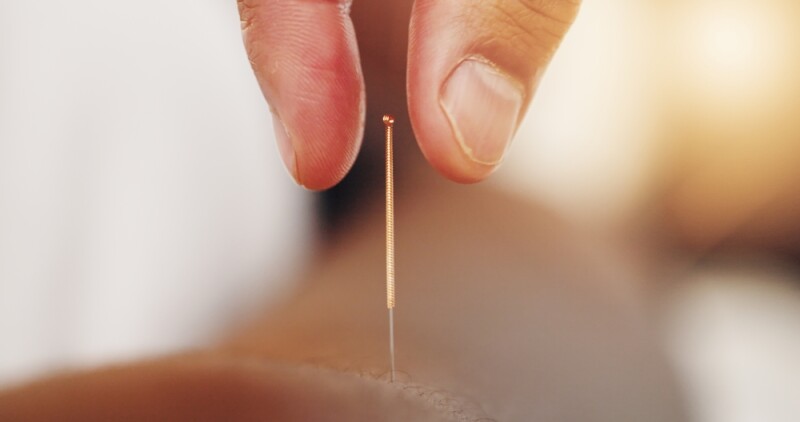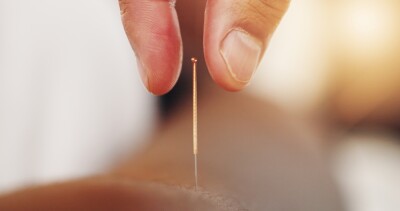U.S. health panel recommends screening for anxiety in children and teens

The United States Preventative Task Force (USPSTF), a panel of experts in primary care, recently recommended that children and adolescents aged eight to 18 be screened for anxiety during primary care visits.
In a statement, the USPSTF concluded that the benefits involved in screening children aged eight and above outweighed the potental harms. As for children seven and younger, the panel decided that there was not enough evidence on the benefits of anxiety screenings to make an official recommendation.
According to the USPSTF, data from 2018 and 2019 suggested that 7.8 percent of children and adolescents aged three to 17 had an anxiety disorder. Early detection is important, the panel noted, as those with anxiety during childhood are more likely to suffer from an anxiety disorder during adulthood. The health panel’s assessment also found adequate evidence linking early screening and treatment for anxiety to moderate improvements in health outcomes in children and teens. Treatments such as psychotherapy were associated with moderate benefits such as improved treatment response, and disease remission.
To implement anxiety screenings into general care visits, the USPSTF recommended that clinicians evaluate which anxiety disorders are most common in their practice and use questionnaires that target those disorders. More general questionnaires on anxiety are also available. Regardless of the questionnaire used, the statement stressed that positive screening results should be confirmed by diagnostic assessments and patients should be referred to appropriate care.
According to the USPSTF, clinicians should be aware that certain factors increase the risk for anxiety in children and adolescence such as genetics, personality, children mistreatment, and conflict between parents. The panel also recommended children and adolescence be screened for depression and suicide risk as well as illicit drug use.




















SHARE